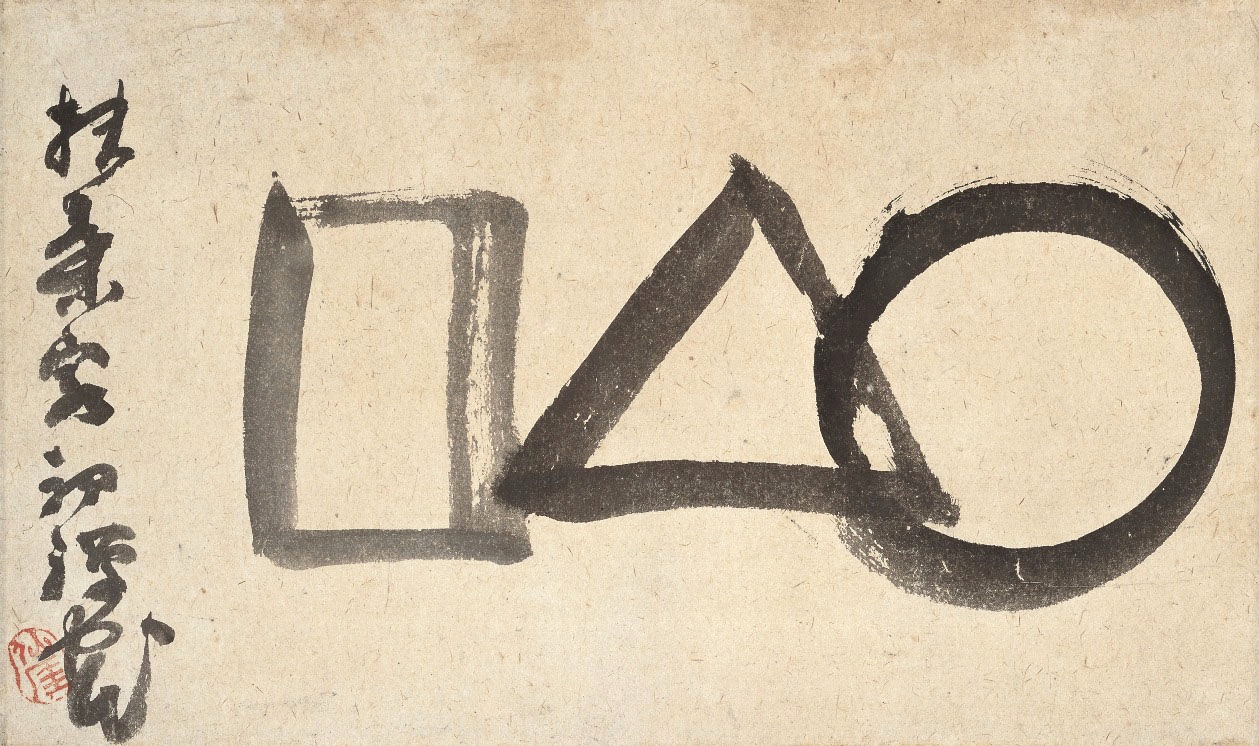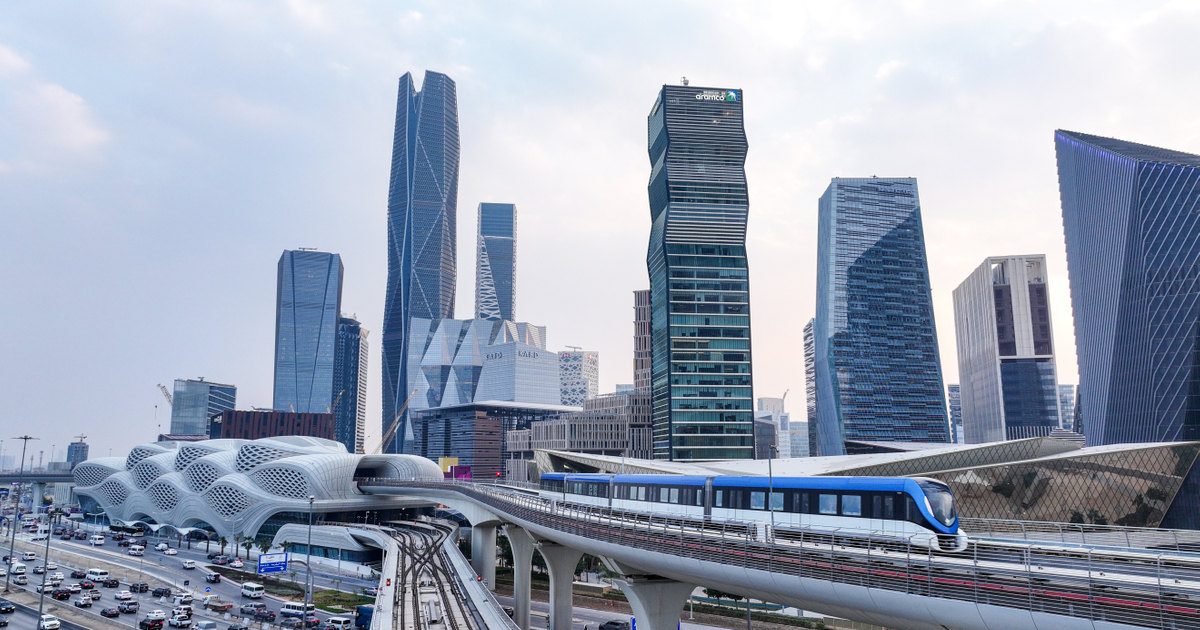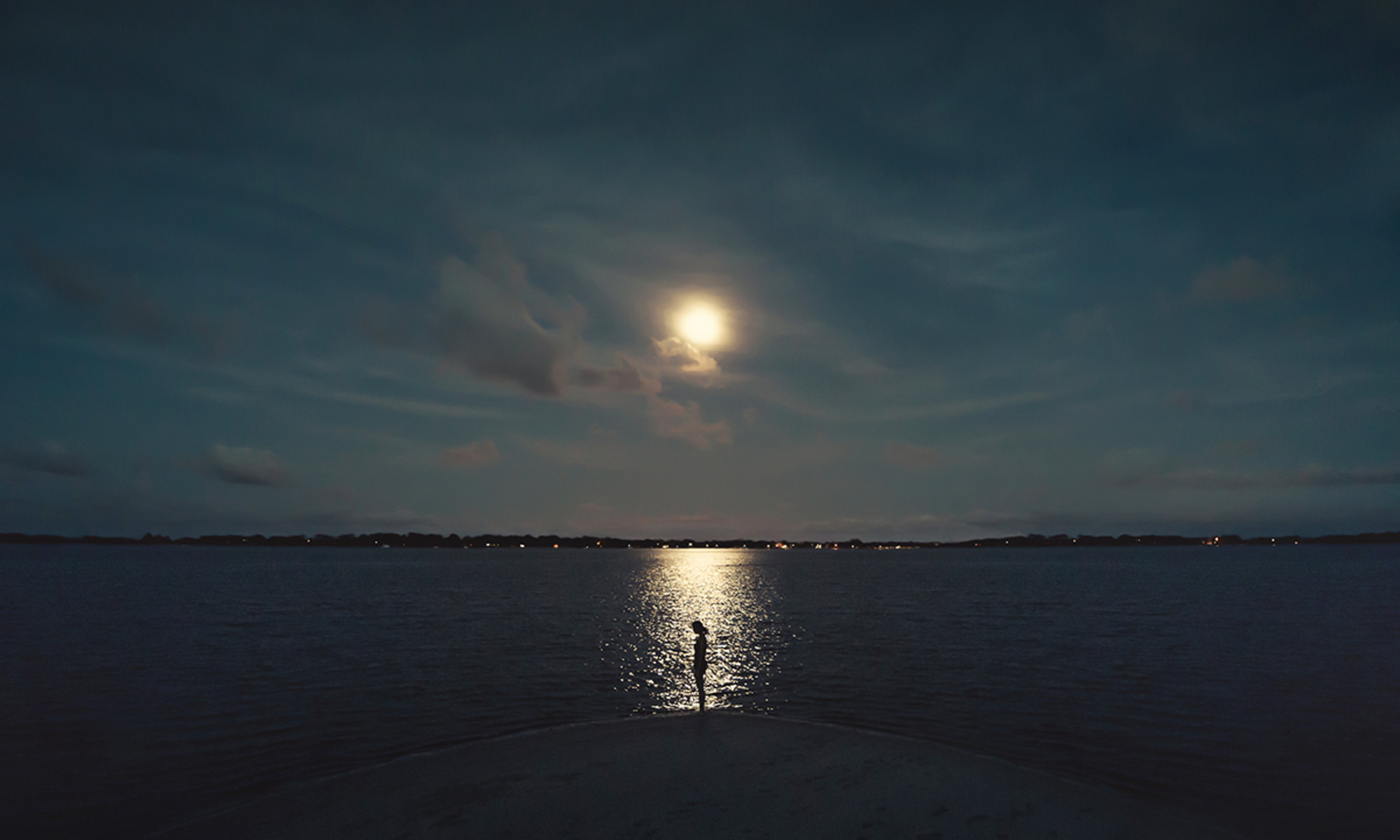The Great Need for Community
We are happy to share this reflection on the great need for community by David Viafora.

We are happy to share this reflection on the great need for community by David Viafora. Rooted in years of research and deep spiritual practice, his new book Thriving Together explores the essential conditions for building thriving communities rooted in mindfulness.
The Power of Mindfulness
When practiced in community, mindfulness strengthens bonds of acceptance, appreciation, empathy, and joy between close friends and loved ones. Mindfulness is the living awareness of what is happening within and around us at each moment, in a spirit of curiosity and compassion.
Everyone has this innate capacity, and we can strengthen it both within ourselves and within relationships through sustained practice. Mindfulness helps us access the living intelligence of our own body and mind, grow our capacity to face suffering with both gentleness and fierce compassion, understand and transform the roots of our difficulties, open our eyes to the many wonders of life, and dwell more happily in each moment.
Voyaging even farther on the path of mindfulness, we discover a profound interdependence with other people, all life on earth, and even the outermost reaches of the universe—and we realize we are less separate and more connected than we ever imagined. Practicing mindfulness depends on the guidance, motivation, and relational support that arise in a community like Morning Sun.
Daily practice thrives in environments where slowing down and cultivating moment-to-moment awareness is collectively encouraged, compared to the extreme busyness of mainstream society
The Role of Community in Practice
Trying to practice mindfulness without collective support we are like birds separated from the flock, struggling alone against the wind. In community life, we naturally learn from others how to uniquely adapt mindfulness to our lives where we need it the most.
 Practicing together during the Wellbeing Retreat in New Hamlet, Plum Village, France.
Practicing together during the Wellbeing Retreat in New Hamlet, Plum Village, France.In the Buddhist world, we call a community that practices mindfulness in a spirit of harmony and compassion a Sangha. A Sangha, though, does not need to be Buddhist—it can be our family, congregation, workplace, or any community where people try to listen with an open heart and support each other’s deepest aspirations.
Time and time again, Zen Master Thich Nhat Hanh (Thay), spoke about the necessity of building Sangha wherever we are. Thay said, “It is possible the next Buddha will not take the form of an individual. The next Buddha may take the form of a community, a community practicing understanding and loving kindness, a community practicing mindful living.
A Buddha is someone who embodies unconditional love and compassion for oneself and all beings and manifests liberating insights into the nature of suffering and happiness. Perhaps our future hinges not just on one individual person or Buddha attaining these peaks of spiritual awakening, but rather, on a community whose collective compassion and wisdom can support and guide our individual paths.
Thay often told us, “My friends, you are my Sangha body. I take refuge in you. I also need you.” If having a Sangha is this important even for such an accomplished Zen teacher, then how much more so for the rest of us?
No matter what tradition, belief system, or congregation we adhere to, our spiritual and emotional wellness depends on the nourishment and love of a true practice community.
Remembering and Rebuilding True Community
Many people wish to live in or be surrounded by supportive, wholesome, communal environments where mindfulness is the norm and compassionate ideals are shared by everyone. Yet where can we find these places, or how can we create them?
It seems our society has largely forgotten about the ancient, innate power of community. In her book on building flourishing relationships and true community, All About Love, bell hooks writes,
I think that part of what a culture of domination has done is raise that romantic relationship up as the single most important bond, when of course the single most important bond is that of community.
Bell HooksResearch shows those with stronger and more intimate relationships with family, friends, and community are happier and healthier, and they live longer. The happiest and most resilient people are not without conflict, but they lean into their closest relationships, especially when facing tough life challenges. Once we wake up to community’s pivotal influence on the health of our bodies, minds, and world, we can begin to build more trustworthy, supportive connections and meaningful lives.

Thriving Together: Nine Principles for Cocreating True Community — out now from Parallax Press or wherever books are sold.

 MikeTyes
MikeTyes 
































